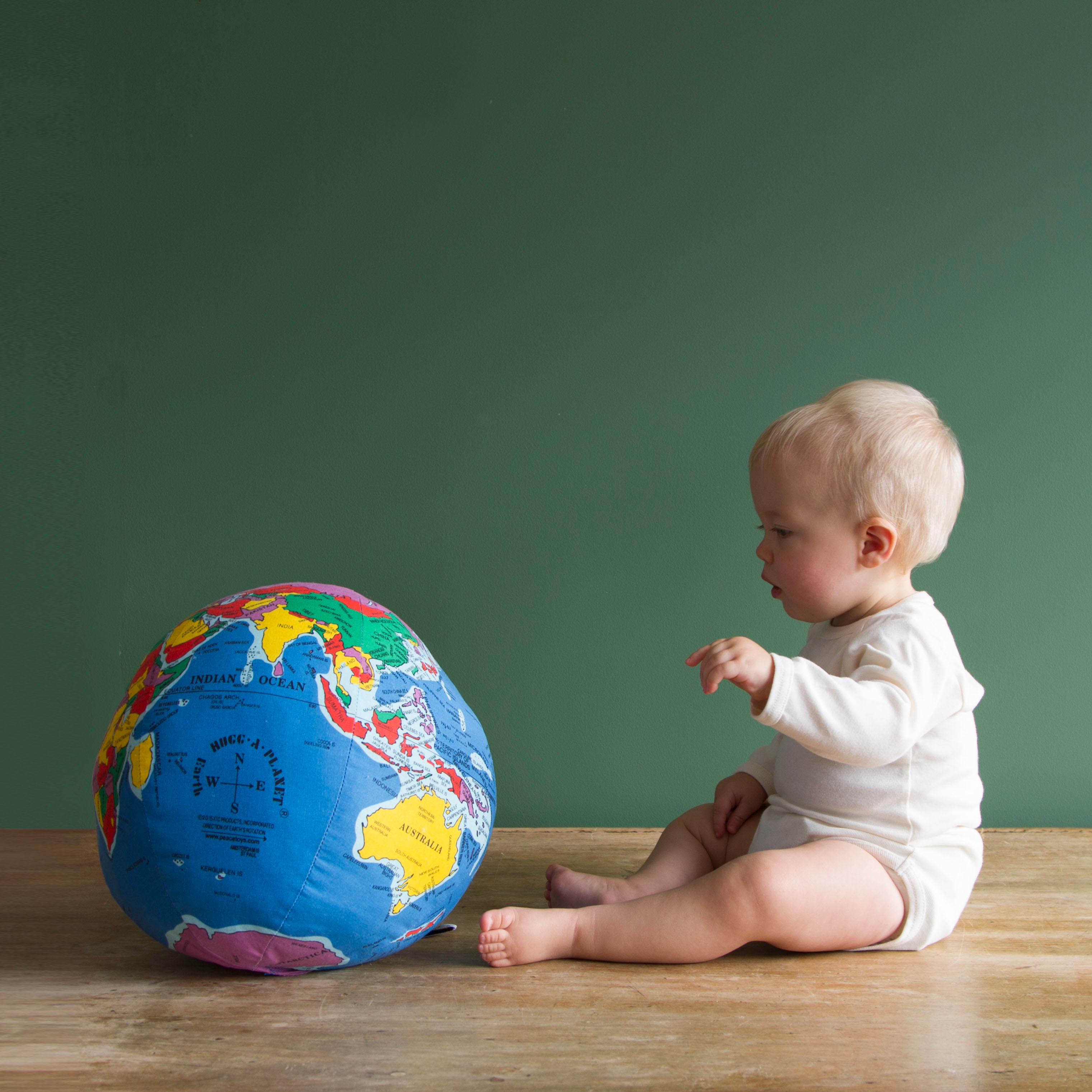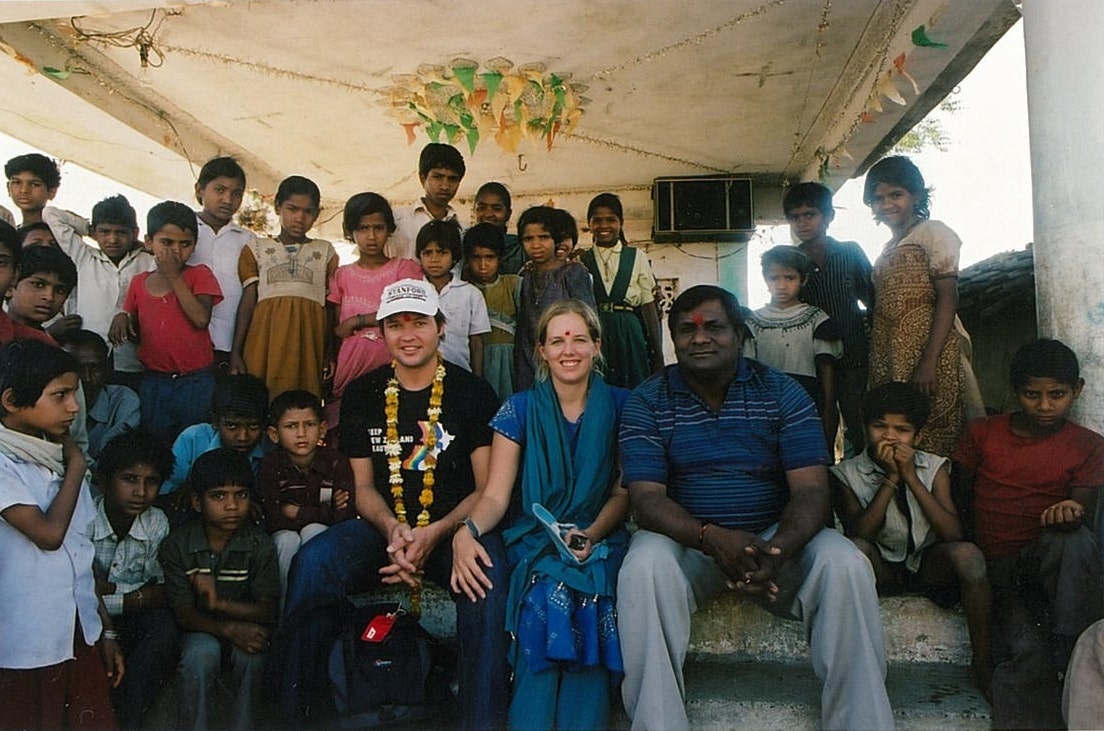
being the top banana: organically grown bananas and why they matter
All Good Bananas was brought to life by the passion for ethical, sustainable living by founders Chris Morrison, Matt Morrison and Simon Coley. Bringing New Zealand’s first Fairtrade, organically-grown bananas was no easy feat, but an important one to shed light on the benefits of buying organic where there was no choice before. In a country where bananas are the most purchased supermarket commodity product, it was more important than ever.
Eight years on, the founders and their team believe in bringing the best bananas to New Zealand, that support the growers and the land that our favourite fruit comes from. So why buy organically grown bananas, and why does it matter? Won’t the skin protect the actual fruit anyway?
For the land
Traditional plantations clear-cut the entire rainforest and grow as monocultures, where bananas are the only type of vegetation grown. Monocultures require more agrochemicals, damage soil nutrients, and pose a huge economic risk for growers if crops were to fail or the market price were to change dramatically.
Encouraging biodiversity in banana plantations through organic growing methods and Fairtrade environmental standards, mean a huge diversity of plants can be grown, encouraging land sustainability and economic stability for the growers. One of our growers, Wilson Sanchez (pictured), owns an organic banana plantation high up in the Muyuyacu region of El Guabo and sees huge economic and environmental benefits from growing not only bananas, but also cocoa, citrus fruits and avocados.


Grower Wilson Sanchez and his family.
For the growers
Growing with aggressive agrochemicals not only harms the land, but also the growers and their families that are exposed to it every day. Toxic chemicals that are used to fend off bugs and pests can affect the workers’ health, with little protective equipment between them and the chemicals.
Our bananas being Fairtrade and organically grown doubly protects our growers: Fairtrade’s standards prohibit child labour, many toxic chemicals are banned, growers are ensured long and stable contracts, and require the provision of protective equipment. Being organic means natural pesticides such as manure and mulch is used, ensuring growers’ and their living communities are protected.
For you
So, growers protect the land and its growers, but what does it have to do with the New Zealanders that are faced with a choice between organically grown and non-organically grown at the supermarket? A common misconception is that non-organically grown bananas are safe because the skin protects them from any harmful sprays, but chemicals go not only onto the banana stems, but also onto the soil and surrounding environment. These toxins can leech into the skin of the banana and onto the fruit. Buying and eating organic bananas means we are getting the most natural fruit, grown in the best conditions by healthy growers that are empowered through their work.


A delicious bunch of All Good bananas.
Organically-grown?
Because we don’t have the year-round tropical climate bananas need to grow in, all bananas you see in the shops are imported from places like South America and the Philippines. All Good Bananas are grown and certified to organic standards, and as with all imported fruit they undergo MPI surface fumigation on arrival in New Zealand to meet our strict biosecurity standards. All fumigation is non-residual, meaning the gas dissipates in the air and only effects with the environment the bananas are in. This makes sure we don’t have any new Ecuadorian insect friends in our backyards, and our bananas are safely grown and brought into the country for Kiwis all across the country. Because of the fumigation process, All Good Bananas lose their organic status upon arrival.
Kiwis are a lucky bunch in such a conscious country, knowing that caring for others and our environment is important. It’s vital to use our voice and spending decisions to be All Good and ensure that we support others where they otherwise would not have been noticed as if they were our neighbours.
It’s important to take care of what we grow, who grows it and the Kiwis that consume them every day. That means taking responsibility of where our bananas come from and understanding where our food comes from—even if it all happens on the other side of the world.
We hope this helps with your next shop of fruit and veggies! Enjoy! xx Nb






